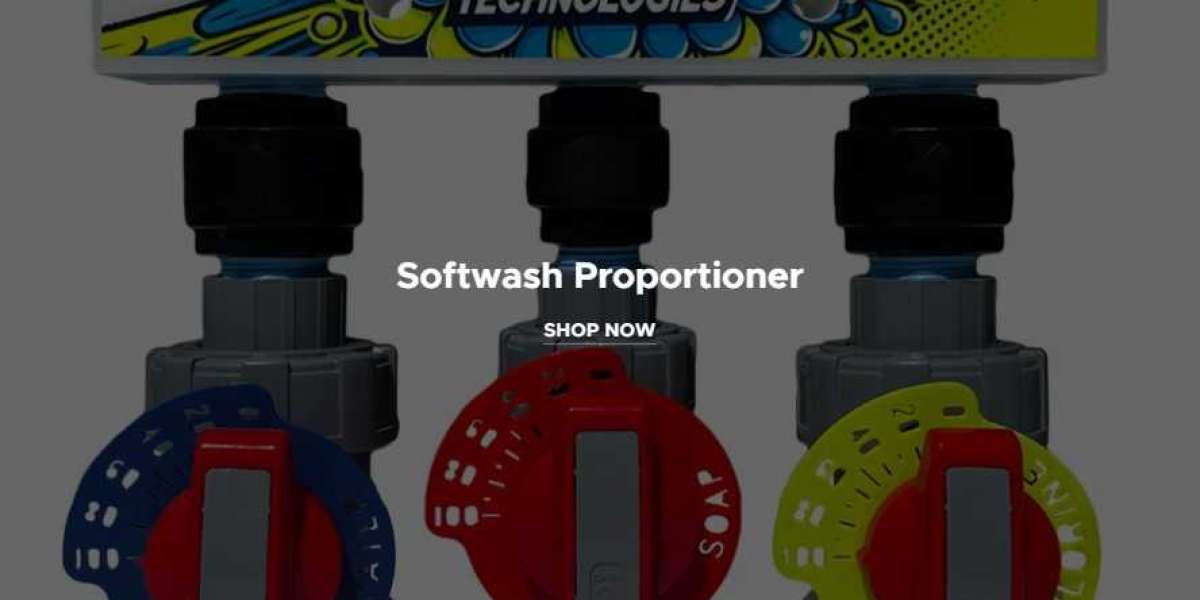When it comes to cleaning exterior surfaces, there’s a common debate among professionals and homeowners alike: soft wash vs pressure wash—which is more effective? While both methods have their pros and cons, the answer largely depends on the surface being cleaned, the level of dirt or contaminants, and the desired results. In this article, we’ll take a closer look at both methods to help determine which one is more effective for different cleaning scenarios.
Understanding Soft Washing
Soft washing is a cleaning technique that uses low-pressure water combined with specially formulated cleaning solutions to break down dirt, mold, algae, and other contaminants on surfaces. It’s particularly effective for more delicate surfaces like siding, roofs, and painted wood, where high-pressure washing might cause damage.
The cleaning solutions used in soft washing target biological growth, such as mold and algae, effectively removing them without the need for harsh scrubbing or abrasive cleaning techniques. Because it uses less pressure, soft washing is considered a safer and gentler option for most residential cleaning tasks.
Understanding Pressure Washing
Pressure washing, on the other hand, relies on high-pressure water jets to remove dirt, grime, and stains from hard surfaces. It’s typically used for cleaning concrete, brick, driveways, and other tough surfaces that can withstand the force of high-pressure water. Pressure washing can quickly remove even the most stubborn dirt and stains, making it an efficient method for large, durable surfaces.
However, the power of pressure washing can also be a drawback. If not used carefully, high-pressure water can cause damage to delicate surfaces, leading to costly repairs or replacements.
Which Method is More Effective?
Surface Type
The effectiveness of soft washing vs pressure washing largely depends on the surface being cleaned. Soft washing is better suited for delicate surfaces like wood, siding, and roofs, while pressure washing is ideal for hard surfaces like concrete and brick. Using the wrong method for a particular surface can lead to damage, so it’s important to choose wisely.Level of Dirt and Contaminants
For surfaces with significant biological growth, such as mold, mildew, or algae, soft washing is generally more effective. The cleaning solutions used in soft washing are designed to kill and remove these organic materials, whereas pressure washing might only blast them away temporarily without addressing the root cause.Environmental Impact
Soft washing typically uses fewer chemicals and less water compared to pressure washing, making it a more eco-friendly option. However, both methods can be environmentally safe when used responsibly and with the right equipment.
Conclusion
When deciding between soft wash and pressure wash, the key factor to consider is the type of surface and the nature of the dirt or contaminants being cleaned. Soft washing is a more effective and safer choice for delicate surfaces and organic growth, while pressure washing is best for hard, durable surfaces that can handle the force of high-pressure water. Both methods have their place in exterior cleaning, but understanding their strengths and limitations will help you choose the best approach for your cleaning needs.



